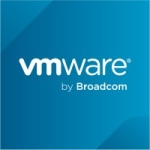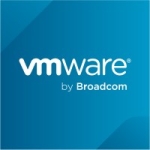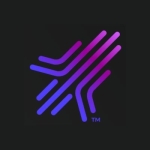What is our primary use case?
The primary use case of this solution is to improve mobility and to access current sessions from different locations.
What is most valuable?
Reliability is a key feature for us.
The ease of use, as well as ease of integration within our security framework, are valuable.
What needs improvement?
We need to extend over a potentially slower network, and we have heard that performance over slower networks is not as good. I understand that there are other products out there that work better over slower networks.
In the next release, I would like to see better performance over slower networks, and integration with Linux, but this is something that we're going to get out of Microsoft in terms of a unified solution. It rolls out to bigger issues and access management with being unified with Microsoft and Linux.
This hasn't quite come together, I would have to get other products outside of Windows to get this to work.
The unified solution may be a cross-platform solution, which would be great in the future.
For how long have I used the solution?
I have been using this solution for six years.
We are running a remote desktop from our workstations, not from our servers, and we are running an old Windows 7 version that is just about to be retired.
What do I think about the stability of the solution?
This solution is stable, I am not aware of any outstanding issues.
What do I think about the scalability of the solution?
In terms of how we use it in our environment, it's not an issue for us, this solution is scalable.
We have approximately 50 users, who are mostly consultants. We are a small consultancy organization, and we are mostly IT.
How are customer service and technical support?
I have not contacted technical support directly and I know the team doesn't have any issues with this. Usually, we get a reasonably good turn around time. Not against remote desktop, I don't believe that we have had support for that.
In general with Microsoft, it's been good.
Which solution did I use previously and why did I switch?
Previously we experimented with other products, but for the moment we are staying with Microsoft remote desktops.
There are other products that we are looking for. At the moment we have four different platforms, and maybe having a unified solution might be the key reason to change in the future. We need a cross-platform solution. We have to have remote access, for example, on Linux Solutions as well, and we don't want to be running on different clients.
How was the initial setup?
The initial setup was straightforward.
It's almost an out-of-the-box function once you have installed the other components.
Once you have set up your workstations and your servers, it's not a big deal to switch on and enable and integrate with Active Directory or remote logins.
In terms of testing, it took half a day to a day's work to ensure that it was working.
What about the implementation team?
We implemented this solution with our in-house team.
Which other solutions did I evaluate?
Retrospectively, no, we selected Microsoft and used it.
We are doing some research at the moment to see what we will do in the future for our next generation of infrastructure and renewal.
What other advice do I have?
It's a good solution, and especially if you already have Microsoft running then it's probably one of the better solutions to choose from.
I am not sure whether it's the best future cross-platform solution when we are running multiple workstation environments with different platforms.
I am really happy with Microsoft Remote Desktop Services in our current environment. We have no issues at the moment.
I would rate this solution an eight out of ten.
Which deployment model are you using for this solution?
On-premises
Disclosure: My company does not have a business relationship with this vendor other than being a customer.

















